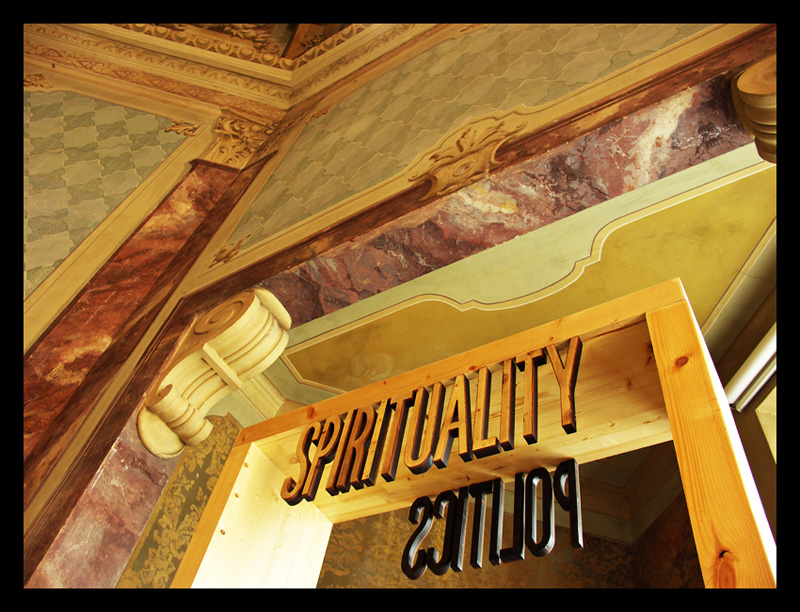In this dialogue, Courtney Bender and Todne Thomas discuss monumentality, slow violence, and sightlines of neoliberalism and apocalypse; the affective…
Courtney Bender
Latest posts
enchantment, disenchantment
Enchantment is a closed-loop language game. Once you say “enchanted” among scholars of religion you know where the conversation will…
Modernity’s resonances—An introduction
Respondents to the books were asked—and gamely agreed— to reflect on how these works “challenge and correct the discursive and philosophical modes of investigation…
Enchanted complicity
Could there be anything more American than flying to a remote and impoverished place with no goal other than a…
Powers of ten
Listening to the cheery narrator describe how many million light-years we are away from Earth and seeing the buzzy artificial…
Is this all there is
A special project of The Immanent Frame to mark its tenth anniversary. Co-curated by Courtney Bender and Nancy Levene.
What we did
This latest collaboration is the gift that we give to The Immanent Frame on its tenth birthday. We are grateful…
Reflections on summer reading
As the fall semester gets underway, we have again invited a number of contributors to The Immanent Frame to reflect…
What does spirituality mean in America today?
But why, first of all, is this subject a significant one? And why does it appear especially pertinent at precisely…
The power of pluralist thinking
It is hard to remember, but religious pluralism meant something quite different fifty years ago. We have, I would argue,…




















